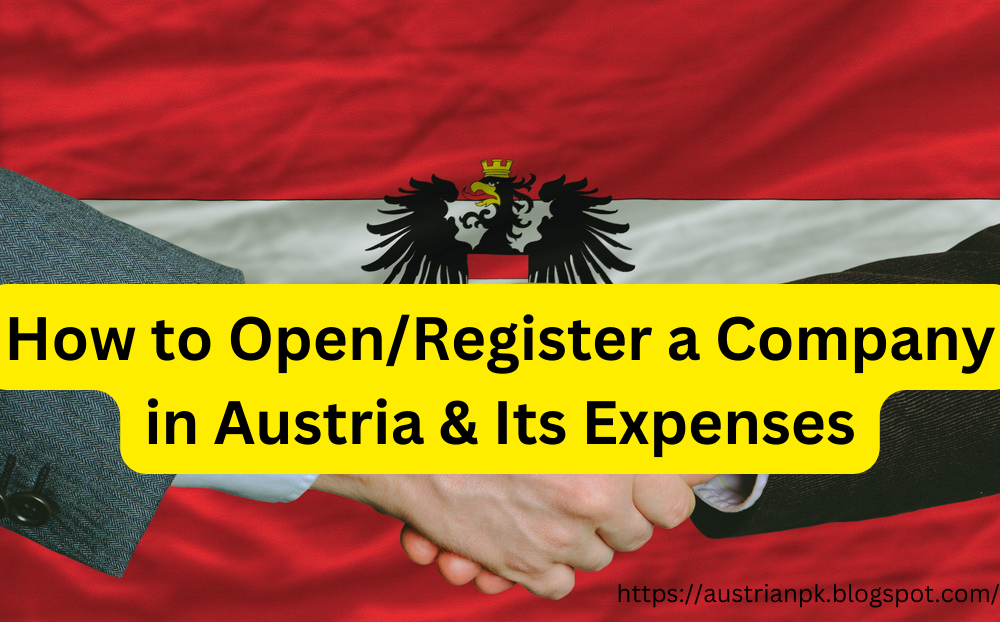Table of Contents
The following steps are outlined below. Keep in mind that the specific requirements and procedures may vary depending on the type of company you want to establish and the industry in which you will be operating.
Choose a Legal form for your Company
There are several options to choose from, including a sole proprietorship, a partnership, or a limited liability company (GmbH). Each type has its own advantages and disadvantages, so you should carefully consider which one is best for your business.
Benefits of Choosing a Legal form for an Austrian Company There are several benefits to choosing the right legal form for your company in Austria. Some of the advantages of different legal forms are outlined below. Sole proprietorship: This is the simplest legal form for a business in Austria. It is easy to set up and requires minimal paperwork. However, the owner of a sole proprietorship is personally liable for all debts and obligations of the business, which can be a disadvantage. Partnership: A partnership is a business that is owned and operated by two or more people. Partnerships in Austria can be either general partnerships (where all partners are jointly and severally liable for the debts and obligations of the business) or limited partnerships (where some partners have limited liability). Partnerships offer the advantage of shared management and decision-making, but also involve shared liability. Limited liability company (GmbH): A GmbH is a legal form that offers limited liability for its owners (called "shareholders"). This means that the shareholders are only liable for the company's debts up to the amount of their capital contribution. A GmbH requires more paperwork and has more formal requirements than a sole proprietorship or partnership, but it offers greater protection for the owners' personal assets. When choosing a legal form for your company in Austria, it is important to consider the size and nature of your business, your personal liability preferences, and the costs and requirements of each legal form. It is a good idea to seek the advice of a legal or financial professional to help you choose the best legal form for your business.Choose a business name
Your business name must be unique and cannot be misleading or confusing. It is a good idea to check that the name you have chosen is not already in use by another company.
Register your company
You will need to register your company with the relevant authorities, such as the Commercial Court and the Chamber of Commerce. You will need to provide certain documents and pay a fee to complete the registration process.
Obtain any necessary licenses and permits
Depending on the nature of your business, you may need to obtain certain licenses or permits to operate legally in Austria. This could include a trade license, a food safety permit, or a permit to operate a particular type of vehicle.
Set up a Business Bank Account
You will need to open a business bank account in order to handle financial transactions such as receiving payments from customers and paying suppliers.
Expenses For Opening a Company in Austria
As for expenses, the costs of starting a company in Austria will vary depending on the type of business you are establishing and the specific requirements of your industry. Some of the expenses include registration fees, legal and accounting fees, and the cost of any licenses or permits that are required. It is a good idea to research the costs of starting a company in your industry and budget accordingly.
In general, the process of starting a company in Austria is straightforward, but it is always a good idea to seek the advice of a legal or financial professional to ensure that you are complying with all relevant laws and regulations.

Post a Comment